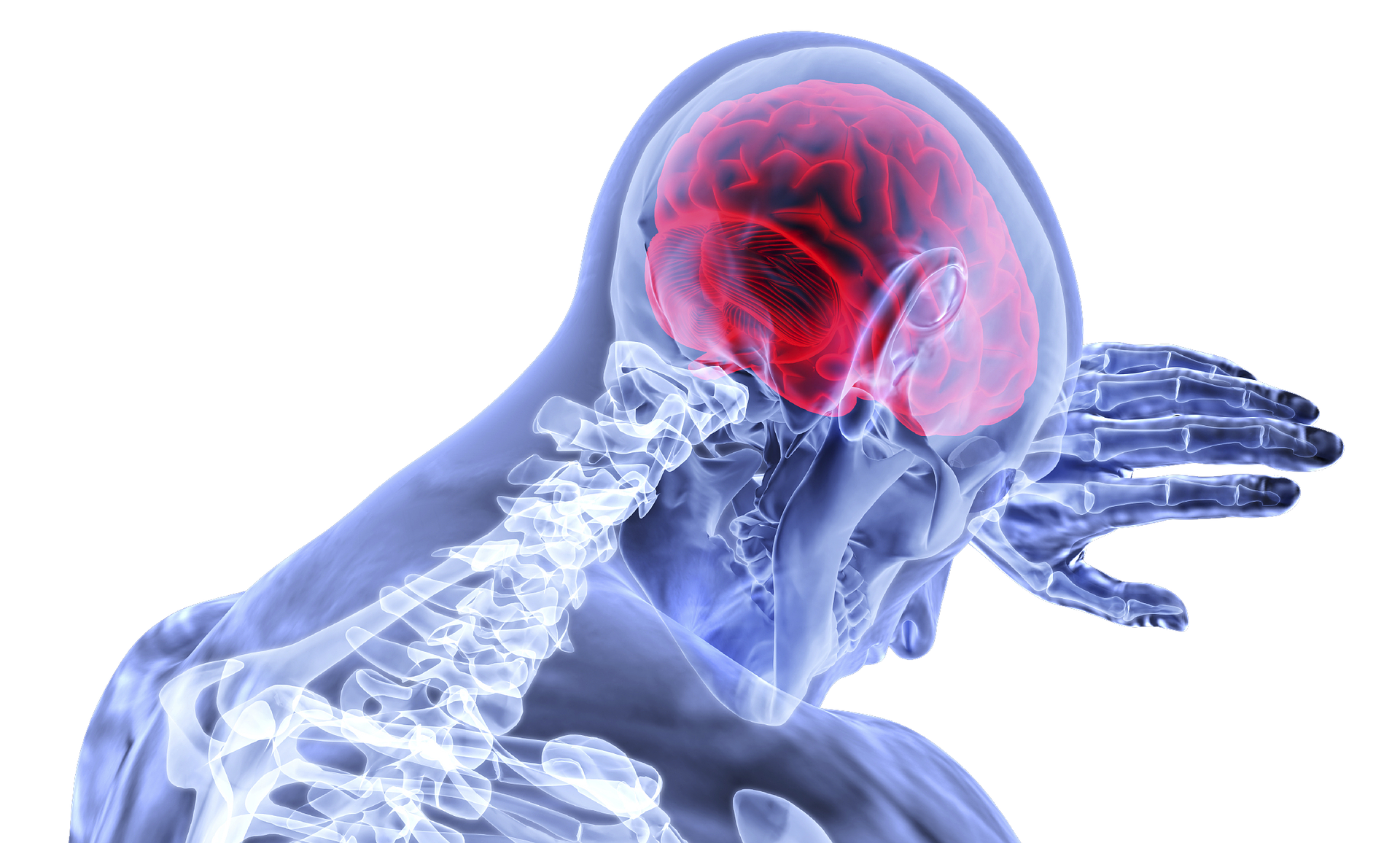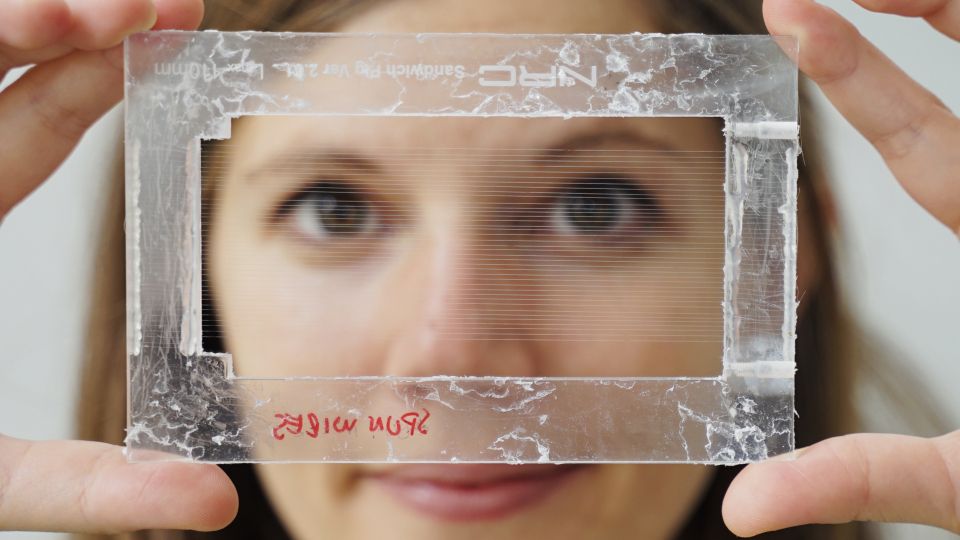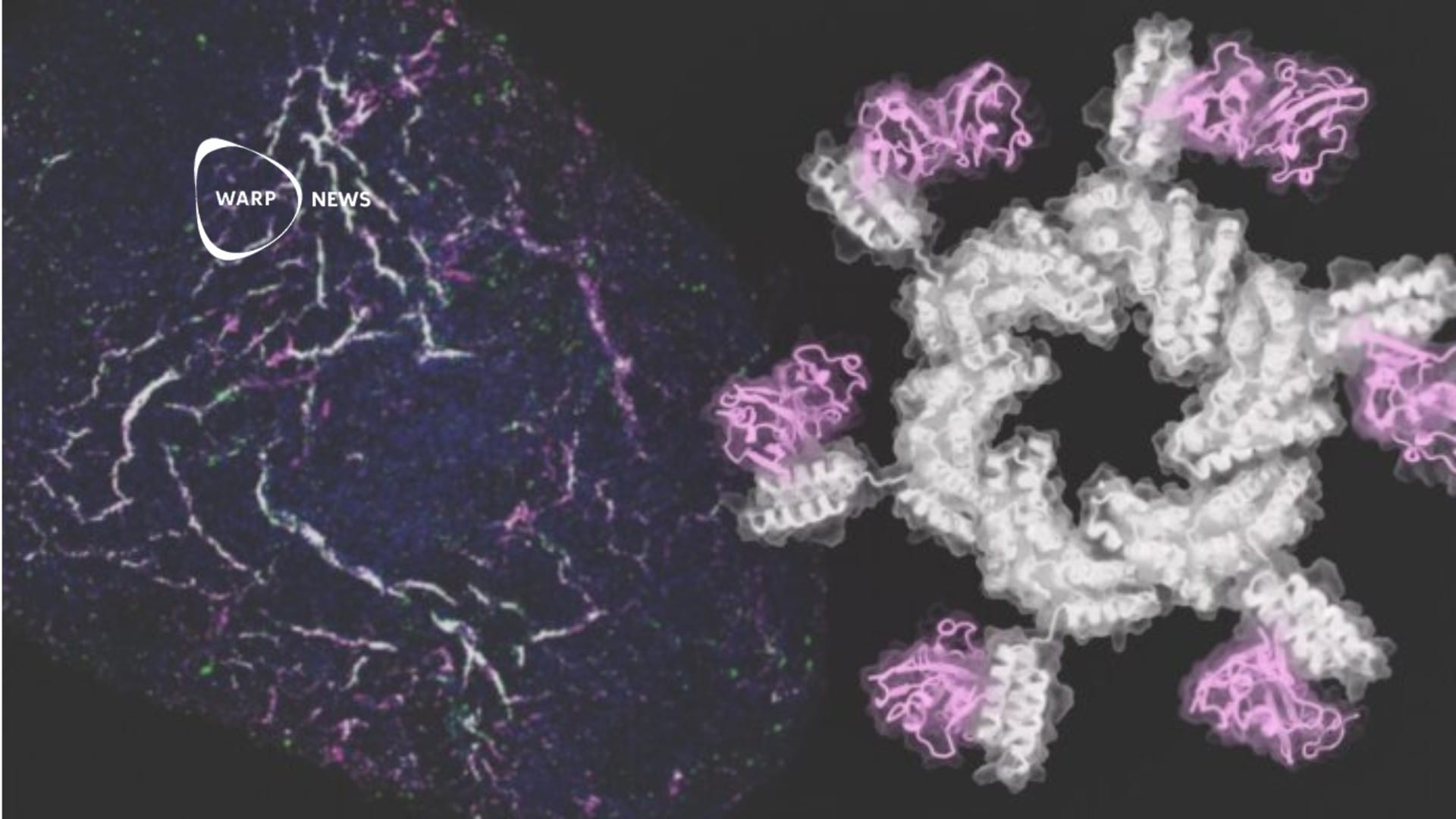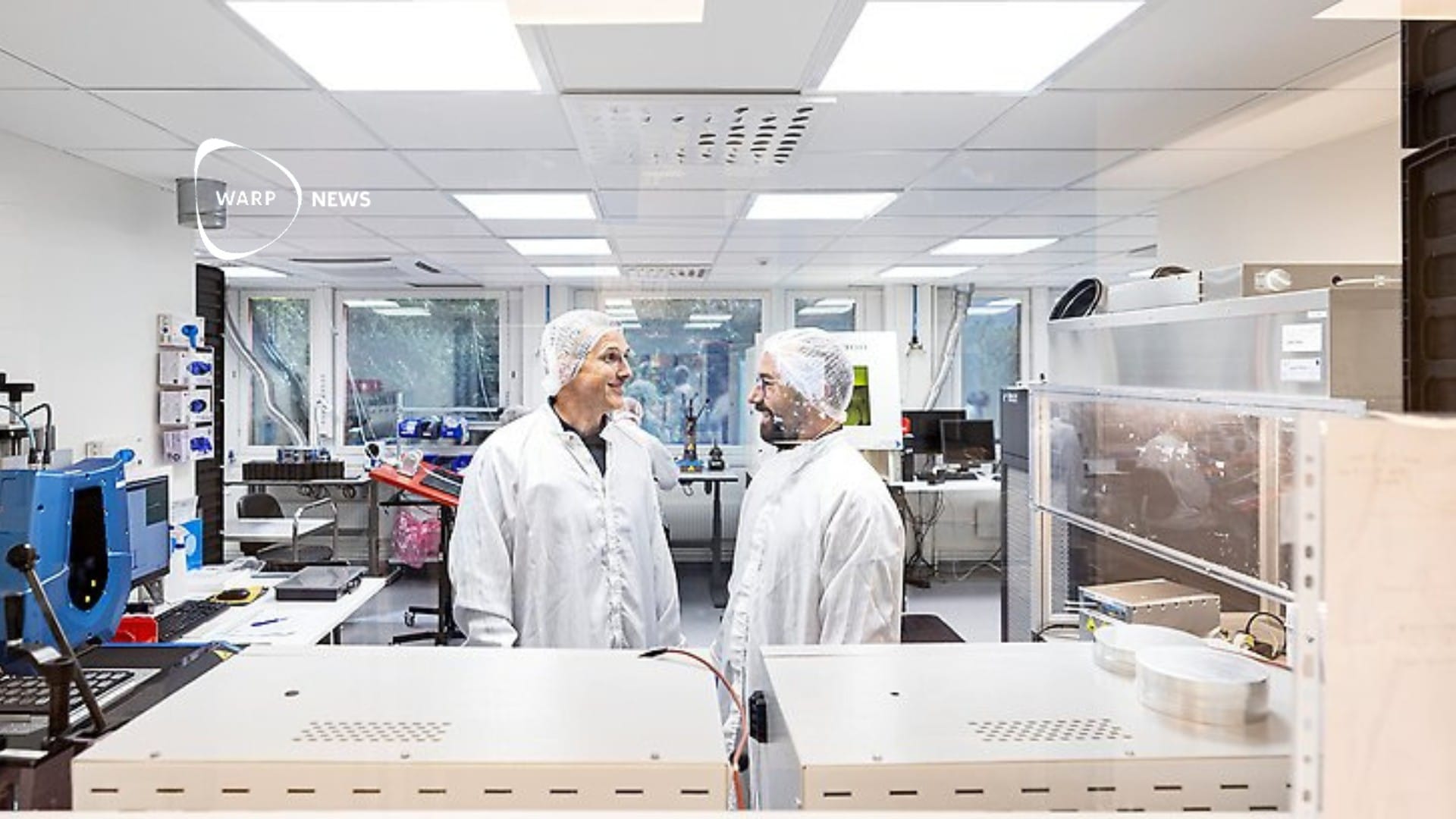
🧠Electrodes can provide better pain relief than morphine
Electrodes implanted in the brain can block severe pain without causing any side effects.
Share this story!
Those who suffer from prolonged and severe pain often have to choose between plague and cholera. The options are: trying to endure, which is often impossible, or taking strong drugs that affect everyday life, which can cause side effects and lead to addiction.
But researchers at Lund University have developed a method that can block the pain almost completely and that has no side effects. Instead of drugs, the researchers implant ultra-thin and tissue-friendly microelectrodes in the brain.

According to the researchers, the technology should be able to work on most types of pain and give an almost total blockage of pain without affecting other sensations and motor skills.
"In our study, we also compared our method with morphine, which turned out to give significantly inferior pain relief", says Jens Schouenborg, professor at Lund University and one of the researchers behind the method, in a press release.
So far, the method has only been tested on animals, but the researchers expect that they will have a complete treatment method for humans within five to eight years.
Implanting something in the brain may sound risky, but the procedure is supposedly very safe. A key to the success is that the researchers have succeeded in developing tissue-friendly gelatin-based technology and surgical techniques which makes it possible to implant the microelectrodes with very high precision.
"The electrodes are soft as seagrass and extremely gentle on the brain. They are used to specifically activate the brain's pain control centers without simultaneously activating the nerve cell circuits that cause side effects. The method works by implanting a cluster of the ultra-thin electrodes and then selecting a subset of the electrodes that provide pure pain relief, but no side effects. This procedure enables an extremely precise and individualized stimulation treatment that proved to work in each individual", says Jens Schouenborg.
Pain relief may also just be the beginning. The researchers believe that the technology has much broader potential.
"The method can be tailored to basically all parts of the brain, so we believe that it can also be used in the treatment of degenerative brain diseases such as Parkinson's disease, but also in depression, epilepsy and likely stroke as well. Electrode technology also has applications in diagnostics and not least research on how the enigmatic brain works", says Jens Schouenborg.
By becoming a premium supporter, you help in the creation and sharing of fact-based optimistic news all over the world.


